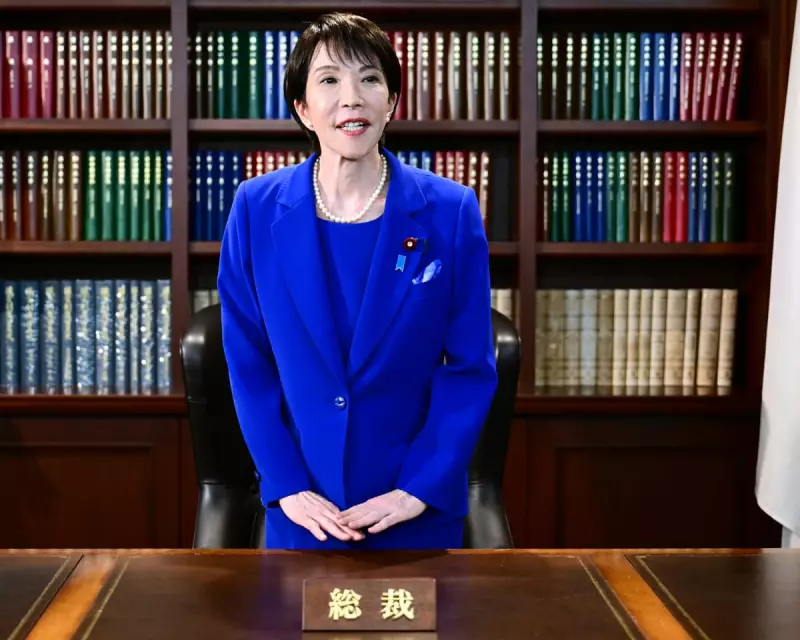
Japan stands on the brink of political history as Sanae Takaichi appears set to become the nation's first female prime minister, marking a watershed moment for gender equality in Japanese politics.
A Political Milestone Decades in the Making
After emerging as the leading candidate in the Liberal Democratic Party's leadership race, Takaichi is poised to break through one of the most significant barriers in Japanese public life. The development comes as current Prime Minister Taro Kono prepares to step down, creating an opening that could transform Japan's political landscape forever.
Conservative Champion with Nationalist Credentials
Takaichi, a prominent conservative figure and former minister for internal affairs, has built her reputation on nationalist policies and economic reform advocacy. Her political journey has been characterised by:
- Strong defence and security positions advocating for increased military spending
- Economic policies focused on technological innovation and monetary easing
- Historical revisionist views that have drawn both domestic and international attention
- Close political alliances with former prime minister Shinzo Abe
Overcoming Systemic Barriers
Japan has long trailed other developed nations in female political representation, ranking poorly globally for gender equality in politics. Takaichi's expected ascension represents a dramatic shift for a country where women remain significantly underrepresented in senior political roles.
"This isn't just about one woman reaching the top—it's about changing the entire political culture," noted a political analyst familiar with Japanese politics. "Her success could inspire a generation of women to enter politics and challenge traditional power structures."
International Implications and Domestic Challenges
The prospective leadership change comes at a critical juncture for Japan, facing numerous challenges including:
- An ageing population and shrinking workforce
- Regional security concerns amid rising tensions
- Economic stagnation and technological competition
- Post-pandemic recovery efforts
International observers will be watching closely to see how Takaichi's leadership style and policy priorities might reshape Japan's role in global affairs, particularly in relations with key allies and regional neighbours.
While the final confirmation awaits formal party procedures, political insiders suggest Takaichi has secured sufficient support to claim victory, setting the stage for a historic transition that could redefine Japanese politics for generations to come.





